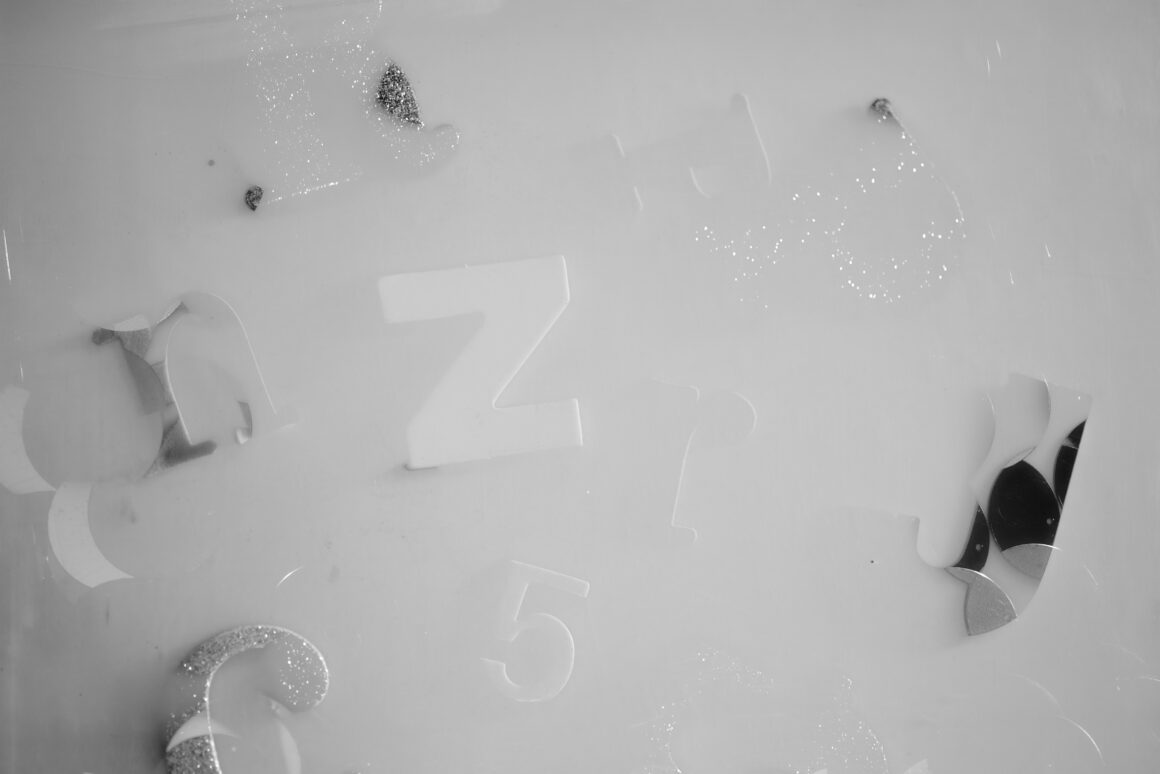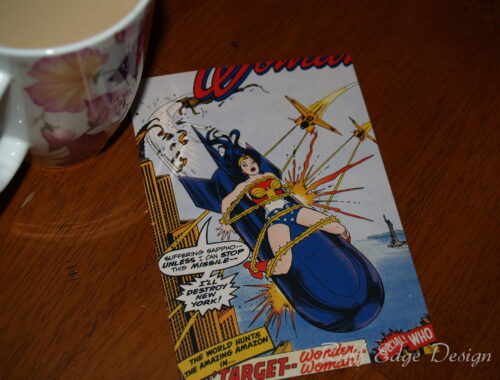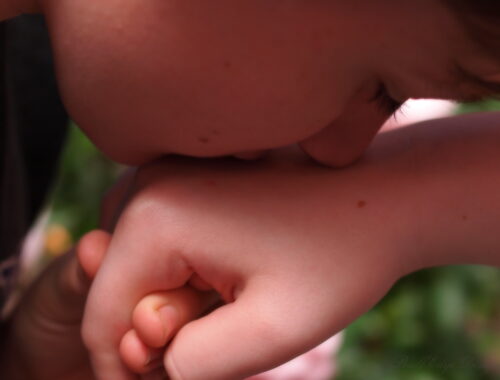
What is Your Name?
Is name just another word for label?
No. The two could not be more different, but we get lazy and interchangeably use words that are fundamentally incompatible. A name places you in the universe. It makes it clear that you were meant to be here, that you’re significant, that your life has meaning, that you are important, and that the world would be less if you were not in it. A label, on the other hand, erases individuality. It groups like with like; it tells people, “This is all you need to know”; it turns another human into an object to be cataloged and filed away, remembered for future reference, used when needed, or simply disposed of.
I have heard of parents waiting months (years?) to give their child a name, and that is repulsive. Isn’t easier to ignore the cries of “the baby,” to “let the baby cry it out”* than to, “Leave Mary to soothe herself”?**
How are we to “know thyself” if we don’t even know what to call thyself?
About a week a go, I got a notion and wrote it down: “Re-read House Made of Dawn [by N. Scott Momaday], then re-read Bridge of Clay [by Markus Zusak].” Today, I opened a journal I started back in February and have already filled to find a printed page from a blog post I wrote at some point in time:
From a paper*** I wrote for a graduate course on Contemporary Native American literature:
Naming is very important for American Indians, as it brings objects and beings into existence. Naming tells one’s story; it locates, in all of creation, one’s being. New aspects of one’s self are discovered through talk of one’s past.
In House Made of Dawn, Abel’s biggest problem is his inability to speak. Because he cannot tell his story, give himself a name, he cannot locate himself in the universe. Abel’s inability to speak to Francisco upon his return from the war is the first indication of what Abel must do in order to come to terms with himself and the world around him. He cannot articulate his emotions, his thoughts, his fears. “He had always been afraid. Forever at the margin of his mind there was something to be afraid of, something to fear. He did not know what it was, but it was always there, real, imminent, unimaginable” (Momaday, 116). Until Abel can put his fears into words, he will be incapable of dealing with them, and until he is capable of dealing with them, he will find no peace and no harmony with the universe; he will be unable to go home.
Of course, revisiting this paper, which I wrote in 1991 or 1992, makes me shake me head over how obtuse I can be. Perfectly capable of identifying the driving force in Abel’s life, I couldn’t—for the life of me—recognize it in my own existence. I guess it fits, though. As my husband often says, I’ll be late for my own funeral.
*Which is nothing more than refusing to attend to the needs of your own child—what is wrong with you people? Are you monsters?
**How, exactly, does a baby figure that out? Ever hear the statement, “I have trust issues”? Guess where that begins.
***This is, without a doubt, the best and most fulfilling paper I ever turned in for an assignment, because my professor, Suzanne Benally at the University of Denver, told the class to just write, without worrying about rules, form, and technical details. She told us to get creative. Can you imagine? Yes, young Cheryl, this is not your father’s Academia. Anyway, I remember that one student focused on the peyote ceremony in Momaday’s book and, when he presented his work, told us all that he had considered getting some of the illicit cactus product for his classmates to try (imagine an “Oh, shit” emoji here).




